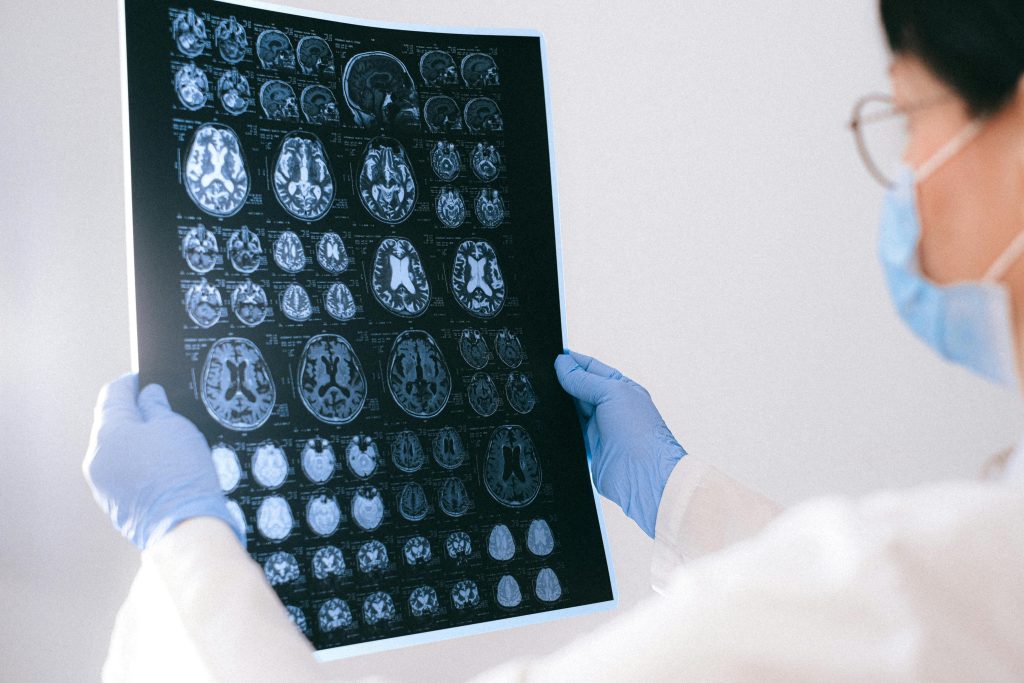
In 2024, several groundbreaking discoveries are transforming patient care and improving the health of many. With new medication discoveries, gene editing, and the help of robotics and AI, the field has undergone significant improvements, all benefiting patients. Here are five medical advancements that you should take note of.
1. New Schizophrenia Drug Approved by The FDA
A new drug for Schizophrenia treatment is improving the well-being of patients. According to the Treatment Advocacy Center, approximately 2.8 million adults in the United States aged 18 or older are affected by Schizophrenia. About 40% of individuals with the condition are untreated. The new drug, Cobenfy was approved by the FDA in September and provides promising results for the future of Schizophrenia care. Instead of blocking Dopamine, like many other drugs of its kind, Cobenfy targets muscarinic receptors in the brain, which may indirectly impact dopamine. This results in fewer side effects that often plague Schizophrenia patients, often resulting in a stoppage of medications. In clinical trials, Cobenfy showed a 50% reduction in side effects.
2. Surgical Robotics
According to the DIHMER School of Epidemiology and Public Health, “Robotic surgery, also known as robot-assisted surgery, refers to a minimally invasive surgical technique where specialized robotic systems are employed to assist surgeons in performing procedures with unparalleled precision and control.” Engineers are exploring how to use micro-robotics to make surgeries even less invasive, more efficient, and have better outcomes for patients. For example, The Vanderbilt Institute for Surgery and Engineering is conducting a clinical trial of a magnetic, flexible endoscope that will provide a safer alternative for colonoscopies. It is also predicted that AI will be incorporated into robotic surgeries to assist with machine learning and real-time decision-making.
3. New Non-Opioid Painkiller
LSU Health in New Orleans has developed a non-addictive and non-toxic painkiller that could transform pain management. According to Dr. Hernan Bazan, CEO and co-founder of South Rampart Pharma, pain conditions affect up to 27% of adults worldwide, including more than 51 million adults in the United States. Hopefully, the drug will provide a safe alternative to care that will reduce addiction and overdoses. The FDA has given the new drug Fast Track designation since so much is at stake for so many individuals.
4. Gene-Edited Pig Kidneys

You may have heard about several kidney transplants of gene-edited pig kidneys. So far, these transplants have been unsuccessful. Just recently, NYU Langone Health performed a gene-edited pig kidney transplant on one of the healthiest recipients to date. Towana Looney donated a kidney to her mother in 1999 and developed kidney failure several years ago. Because of increased antibodies in her blood, she has been unable to find a match from a kidney donor. The gene-edited pig kidney has given her a new lease on life, and her success could transform transplant procedures for hundreds of thousands of Americans who need transplants every year.
5. Blood Test Biomarkers for Alzheimer’s Disease

An accurate diagnosis of Alzheimer’s disease requires a sample of cerebrospinal fluid or a PET scan. These tests can’t be done in an office setting with your doctor and require additional testing. To make diagnosing Alzheimer’s Disease easier, researchers are studying markers in blood tests that can help with earlier detection and treatment. This can improve outcomes for many patients.
Healthcare Developments Shaping The Future
As technology continues to advance, the healthcare field is reaping the benefits. In the next ten years, we can expect AI and robotics to continue to transform patient care. Experts also predict bioprinting to revolutionize organ transplantation. Gene editing could eradicate disease and virtual healthcare could become the norm. Ultimately, all of these advancements will lead to increased health and longevity that we all will benefit from.
Read More


No Comments yet!